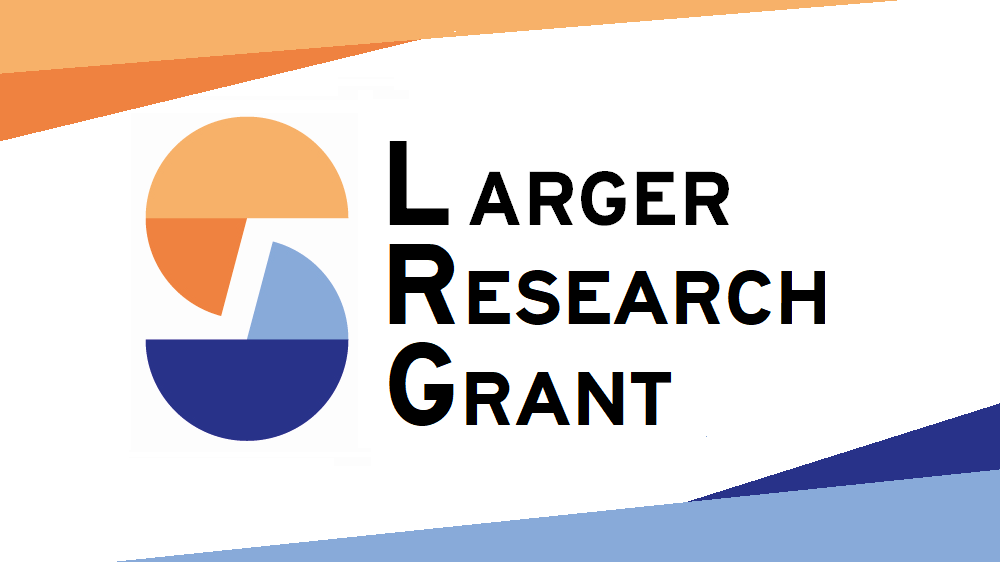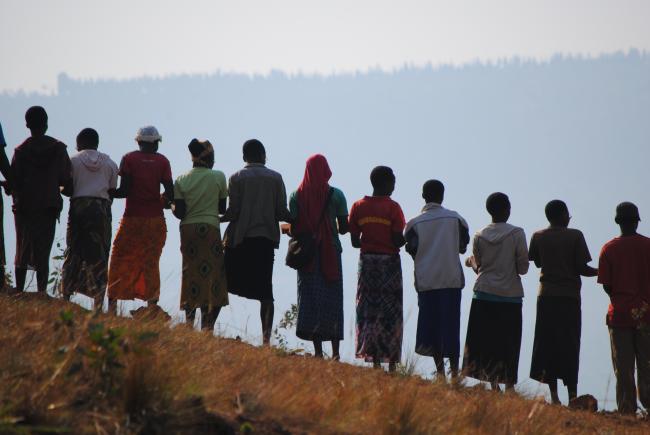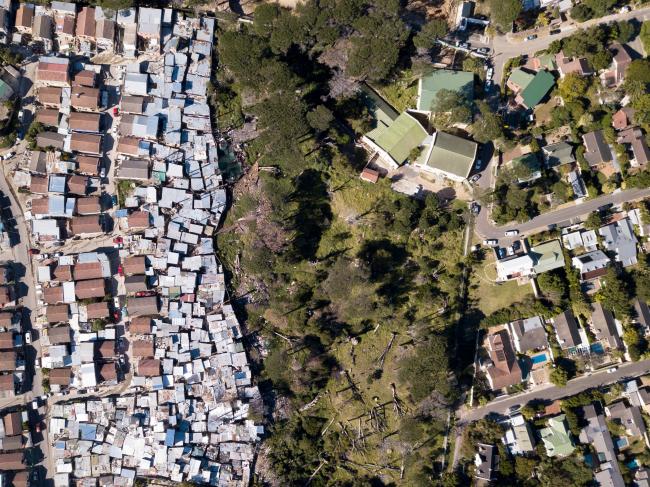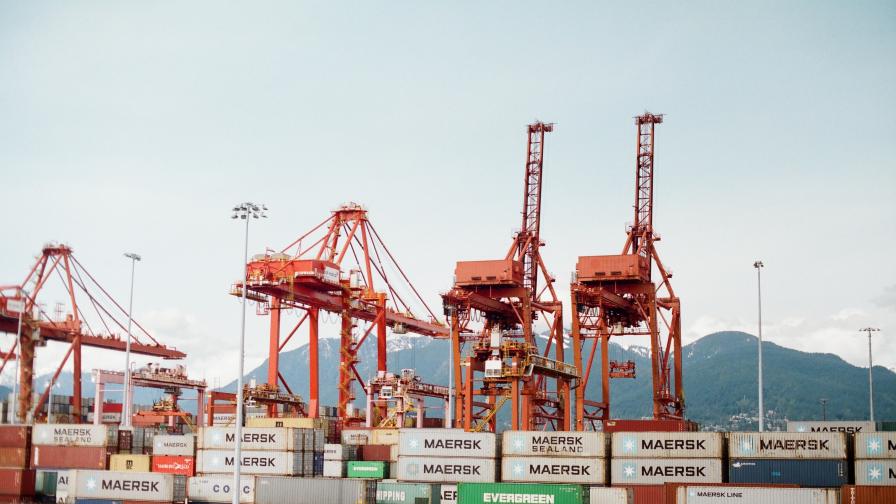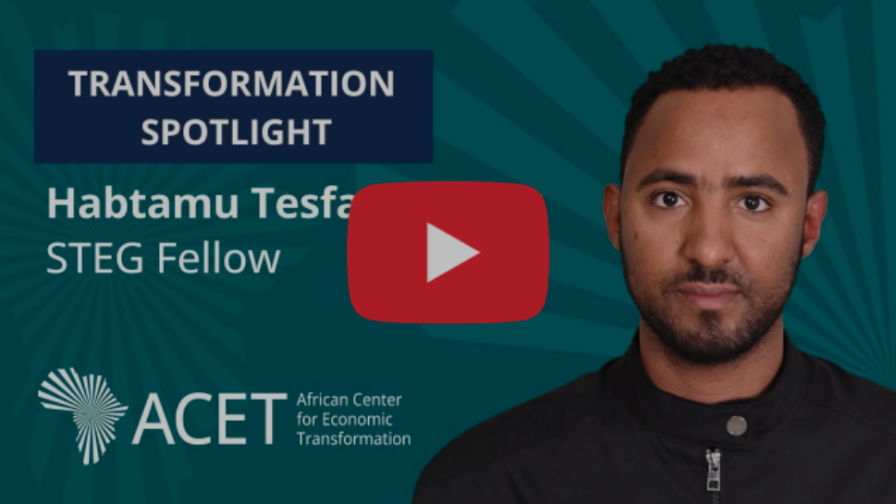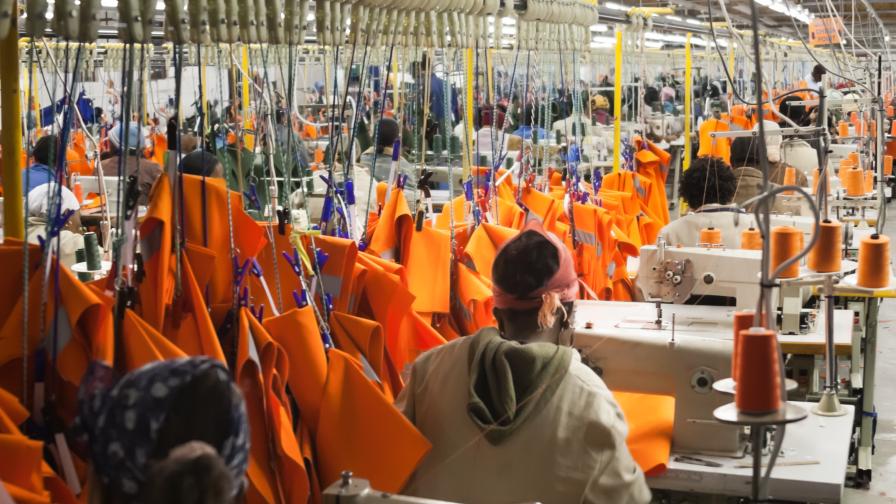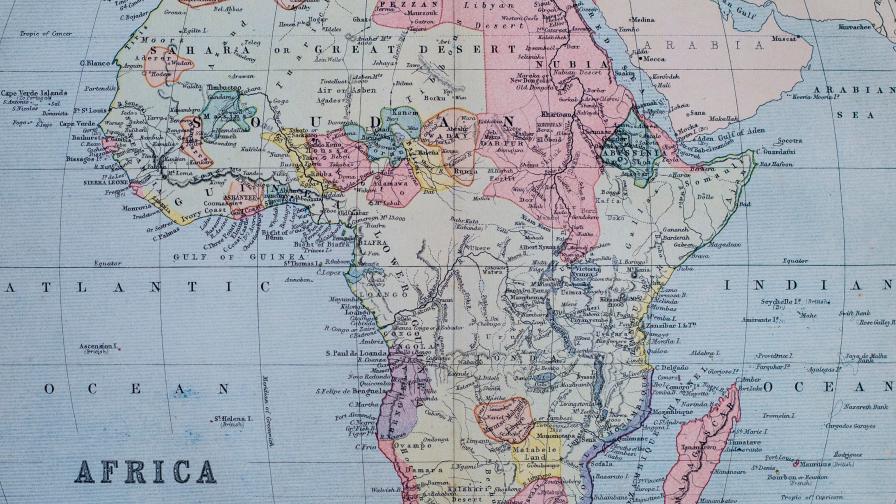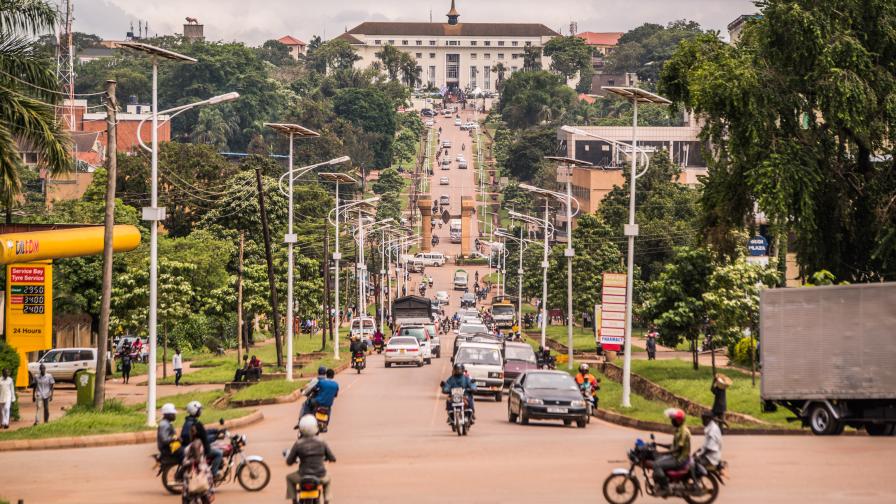Three quarters of all motorised transport in major African cities happens on privately provided shared transport (Behrens et al, 2015). Understanding the structure of these markets – and policies to improve how they function – is crucial for urban residents and urban growth, given the continued importance of this type of transport in the coming decades in the poorest countries. These markets have important economic inefficiencies. Drivers are organised into associations that intend to act as local monopolies along specific routes, for example by setting prices. This is compounded by rent-seeking within the association (Krueger 1974). In Kampala, minibus taxis wait to fill up before leaving, and many routes have long queues of vehicles. An average minibus spends more time idle than transporting passengers (Booysen and Ndibataya, 2020). This study analyses the dissipation of rents through queuing in this industry, the ensuing under-utilisation of drivers and vehicles, and tests policies to reallocate these resources through temporary subsidies.
The main data for this study will be contemporaneous and historical data on associations, routes and operations in Kampala, Uganda. The study will also collect data for a comprehensive snapshot of travel patterns. The study then tests two policies to address under-utilisation by temporarily incentivising associations and drivers to make more frequent departures, and launch entirely new routes. The first intervention will offer all drivers on selected routes subsidies for frequent departures and measure how much demand rises given that passengers wait less. The second intervention will offer associations “seed funding” for launching entirely new routes designed using the detailed travel pattern data. The study will interpret the data on operations and experimental results through the lens of a model of the market structure with driver incentives and association structure.
Understanding the market structure of informal private transport services – and the effect of theory-driven policies to alleviate inefficiencies – is crucial for urban transport reforms in cities like Kampala. This study aims to have “at scale” impact in Kampala, where minibuses already provide 60-80% of motorised transport in Kampala. The interventions piloted here are “light-touch” and collaborative. This approach could be used by planners and city authorities to work with operators to improve transit services without requiring long-term subsidies and extensive, politically complex reforms. Informal transport systems are difficult to reform, with processes often incurring resistance and violence and taking many years, and require funding and management capacity which many transport regulators currently lack.
